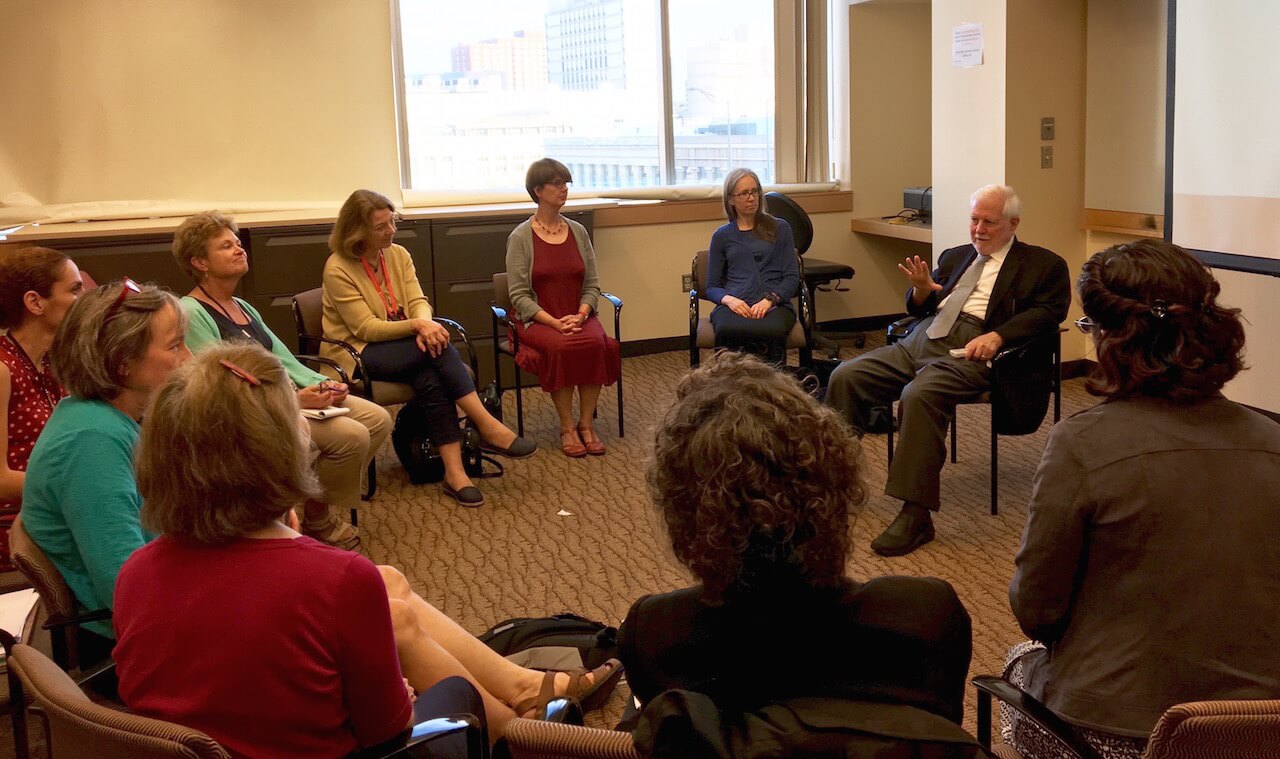The COVID-19 pandemic has placed enormous strains on medical care and the professionals who deliver it and has brought attention to deeply embedded structural faults and inequities in healthcare organizations. We aim to prepare the educational leaders who can lead transformational change, restore resilience, and rekindle the joy of medicine and healthcare.

The Kern Faculty Fellowship for Leading Change for Humanistic Healthcare, co-sponsored by the Division of General Pediatrics, Department of Pediatrics at Boston Children’s Hospital and the Kern Institute for the Transformation of Medical Education, is a longitudinal certificate program for clinical and education leaders who want to be effective change agents in the post-COVID era.
The faculty fellowship focuses on developing the high-level professional and relational abilities necessary for leadership and professionalism at the individual and organizational level, along with joyful practice, resilience, team functioning, and collaboration.
This longitudinal certificate program uses a small group approach for learning in community. The educational method facilitates growth in moral character and identity through guided critical reflection coupled with immersion in challenging scenarios. This pedagogical approach develops and sustains meaningful relationships over time as a model that can be exported to other organizational contexts.
The new curriculum was developed by national experts participating in a National Collaboratory – a 4-institution collaboration – Boston Children’s Hospital/ Harvard Medical School, Emory University School of Medicine, University of California San Francisco School of Medicine (UCSF), and Indiana University School of Medicine.
Example session topics* include the following:
- Character formation, professional development, and leadership
- Effectively addressing equity, inclusion, and structural racism in healthcare
- Addressing burnout and moral injury and achieving joy and balance using peer support
- Enhancing and supporting work with patients and families from underserved or under-resourced communities
- Restoring trust with patients, colleagues, and staff
During this challenging time and urgent need for broad changes, we consider these topics essential for post-COVID healthcare education, innovation, and leadership.
*Please see curriculum page for additional topics
